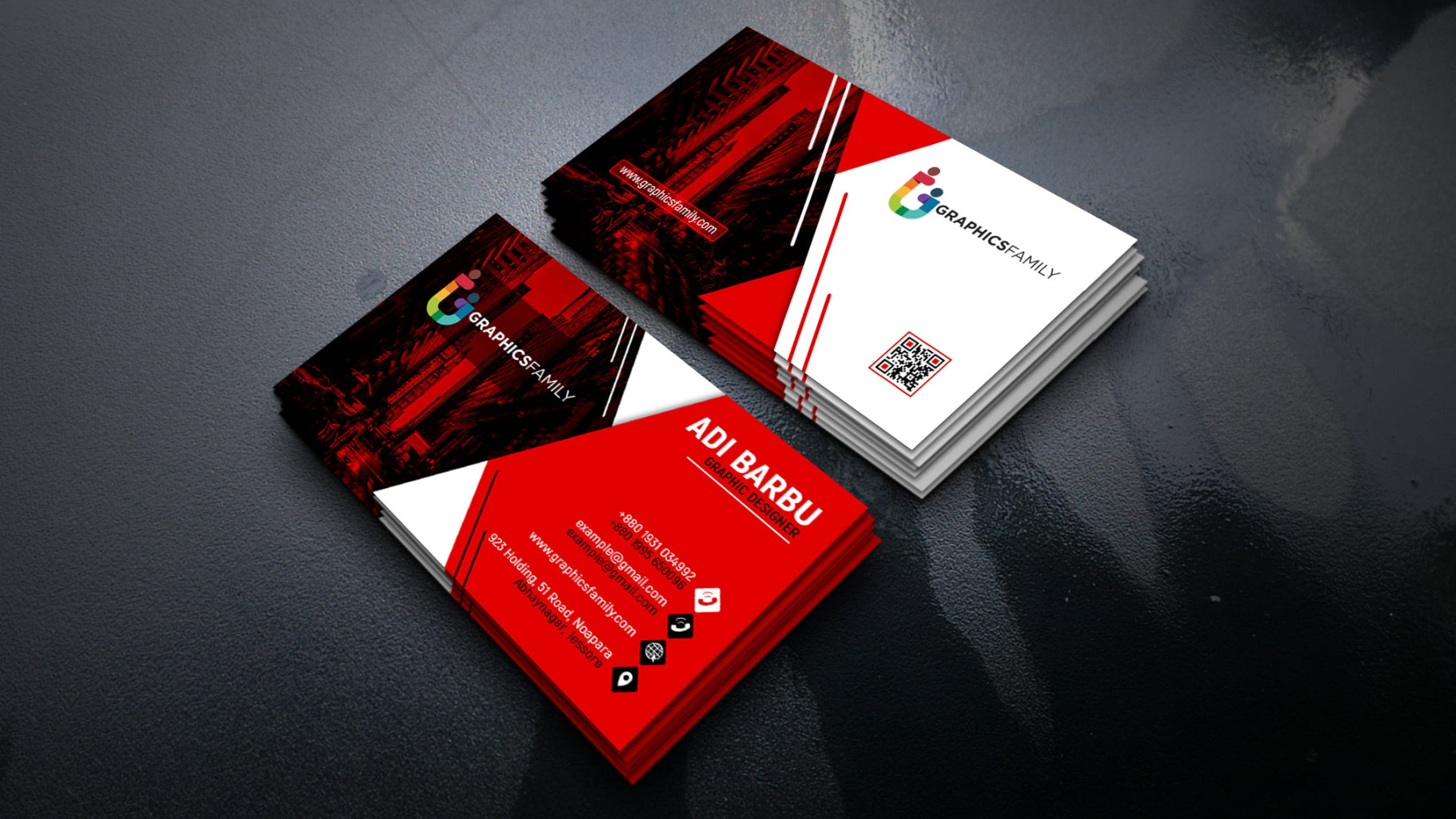Understanding the Importance of a Professional Visiting Card
A well-designed visiting card is a powerful marketing tool that leaves a lasting impression. It serves as a miniature representation of your brand and conveys your professionalism and credibility. In today’s digital age, where first impressions often happen online, a physical visiting card can still be a valuable asset.

Key Design Elements for a Professional Visiting Card
When creating a professional visiting card template for Photoshop, there are several key design elements to consider:
Typography
Font Selection: Choose fonts that are easy to read and convey the desired tone. Avoid overly decorative or difficult-to-read fonts.
Color Scheme
Color Psychology: Consider the psychological impact of different colors. For example, blue often conveys trust and reliability, while red can evoke excitement and energy.
Layout and Composition
Balance: Achieve a balanced composition by distributing elements evenly across the card.
Imagery
Quality: Use high-quality images that are relevant to your business.
Contact Information
Clarity: Clearly display your contact information, including name, title, company name, address, phone number, email address, and website.
Additional Considerations
Paper Quality: Choose a high-quality paper stock that complements your brand and feels professional to the touch.
Creating Your Template in Photoshop
1. Set Up Your Document: Create a new document in Photoshop with the desired dimensions for your visiting card (typically 3.5 inches by 2 inches).
2. Design Your Elements: Use Photoshop’s tools and features to create your typography, color scheme, layout, imagery, and contact information.
3. Refine and Iterate: Experiment with different design options and make adjustments as needed to achieve the desired look and feel.
4. Save as a Template: Once you are satisfied with your design, save it as a template for future use.
Conclusion
A well-designed visiting card can be a valuable asset for your business. By carefully considering the key design elements and following the guidelines outlined in this guide, you can create a professional and memorable template that will help you make a lasting impression.